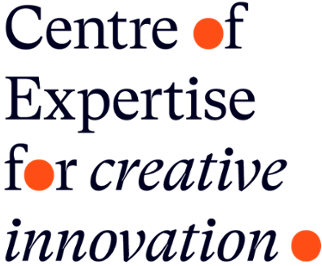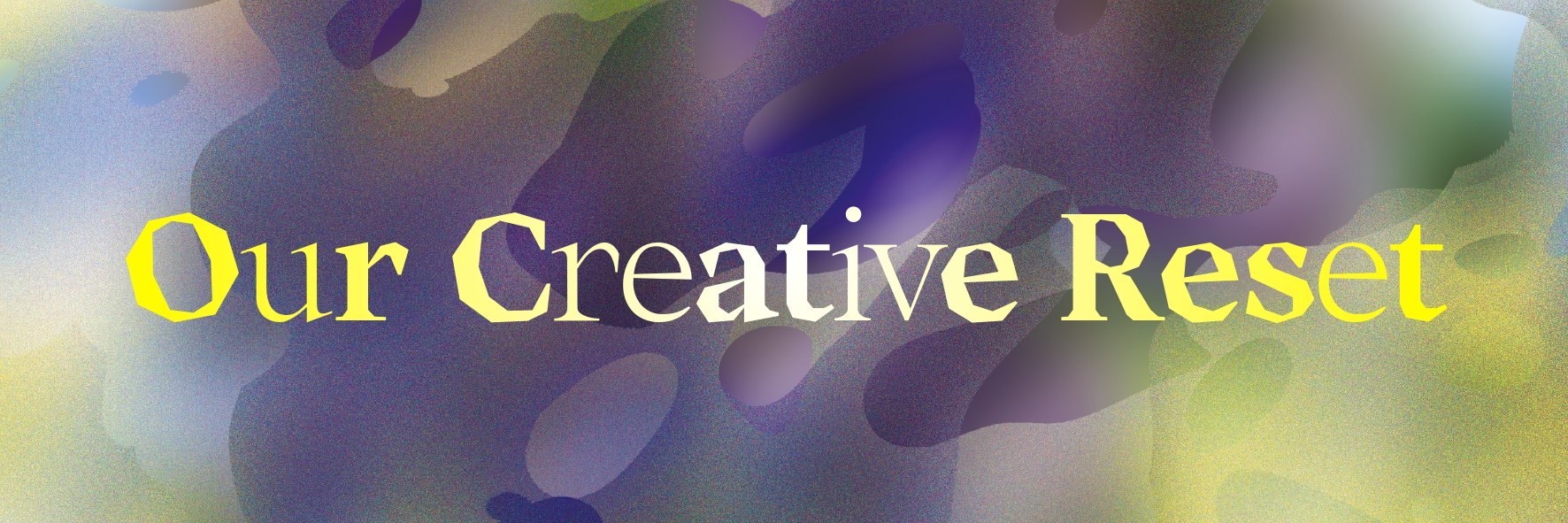Our Creative Reset is a research program of the INC and Caradt about economic sustainability in the arts in permacrisis. How will artists make a living in the 21st century, amidst an ever-growing stack of crises? Can we imagine a sustainable art economy beyond precarity? How would this change the circulation of art, the curriculum of art and design academies, the exhibition programs of museums, and the organization of collectives and unions?
Previous INC Research
‘What are we to make of someone who says they love their work and cannot imagine doing anything they enjoy more, yet earn so little that they can never take a holiday, let alone afford insurance or a pension? How are we to think about a person who is passionate about the creative work they do up to 80 hours per week yet feel fearful that they will not be able to have the children they long for because of the time and money pressures they face?’
These questions were written thirteen years ago by Rosalind Gill, and published by the Institute of Network Cultures in Technobohemians or the New Cybertariat? (2009). Sadly, they are just as urgent today as thirteen years ago, which is why we decided to create Our Creative Reset: the next step in our research on working conditions in art and (digital) culture. This legacy goes back to 2005 when we organized the conference A Decade of Web-Design and was further developed in the MyCreativity research program, which included two conferences in 2006 and 2014 and the publication of the MyCreativity Reader (2007). When the INC made its first-ever episode of the podcast ‘Zero Infinite’ in 2017, it was about Pausing Precarity. Our Creative Reset also builds on ongoing the research of MoneyLab, a network of artists, activists, and geeks experimenting with forms of financial democratization in the digital economy.
Graphic Design
The visual identity of Our Creative Reset is designed by Wieke Willemsen (https://www.instagram.com/wiekewillemsen/).
Typefaces: Ortica & Ortica Bold by Benedetta Bovani (Collletttivo, 2019)
Research Partners
Our Creative Reset is a research program of the Institute of Network Cultures (Amsterdam University of Applied Sciences) and Caradt (St. Joost Academy of Art & Design).
Organizations that have participated in the research activities of Our Creative Reset include:
Hotel Maria Kapel, Platform BK, the Learning Community Critical Making, Casco Art Institute, ARIAS, PLOKTA, University of Groningen.
We have received generous support from the Centre of Expertise for Creative Innovation (CoECI).



